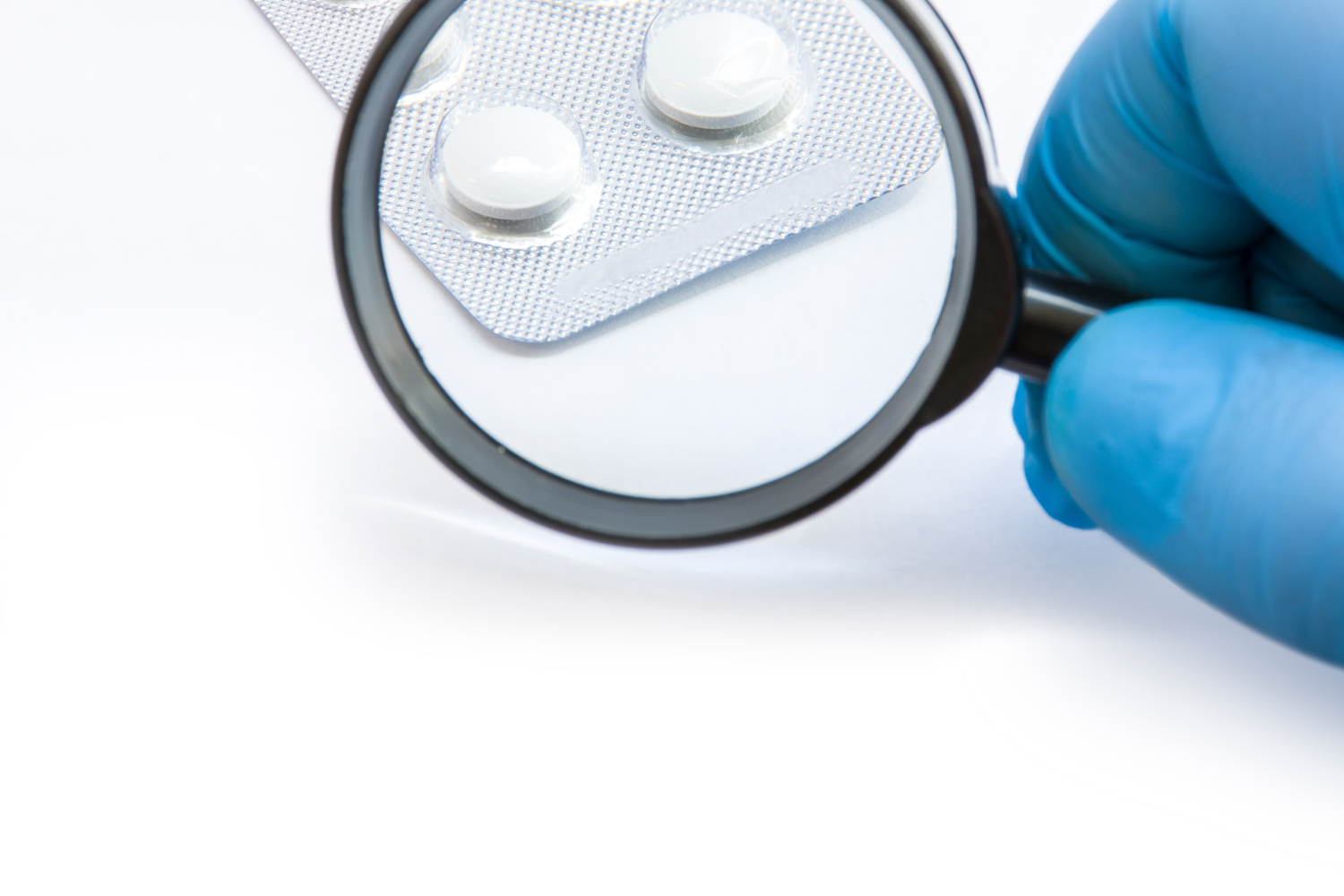PEOPLE DRAWN TO THE PROMISE of steep discounts for cancer drugs sold on the internet should browse with caution. New research shows many online pharmacies are not what they seem.
A study published July 2022 in the Journal of the National Comprehensive Cancer Network examined the results of an online search for drug outlets selling imatinib, a generic version of a targeted therapy for chronic myeloid leukemia and acute lymphoblastic leukemia. (Imatinib was originally sold under the brand name Gleevec but has been available as a generic since 2016.) The researchers identified 44 websites listed in the top 10 pages of returns from popular internet search engines that claimed to sell imatinib and ship to locations in the U.S.
BeSafeRx—The Food and Drug Administration page has helpful information for people looking to safely shop online for medicine, including tips for identifying dangerous websites.
The National Association of Boards of Pharmacy—The NABP’s consumer website includes information on the safe use and handling of medicines and a tool to check if an online pharmacy is safe.
LegitScript—Consumers can enter pharmacy website addresses to see if they have been certified by LegitScript.
Researchers found more than half of the online pharmacies were characterized as “rogue,” which meant the websites primarily engaged in “illegal, unsafe or misleading activity.” Another 30% of the websites violated some federal and state pharmacy regulations, including selling in places where they weren’t licensed. Only three of the 44 pharmacies analyzed were “certified,” meaning an independent review found them to be credible businesses that met pharmacy regulations. Researchers used LegitScript, a legal compliance company that monitors online pharmacies, to analyze the sites. In addition, 30% of the online pharmacies did not require patients to have a prescription for imatinib to make a purchase, and 77% did not provide access to a pharmacist for consultation.
“By bypassing pharmacists, there’s no monitoring of adverse events or conditions that potentially could arise because of you taking these drugs,” says Sachiko Ozawa, a health economist at the UNC Eshelman School of Pharmacy in Chapel Hill, North Carolina, and an author on the study.
The availability of counterfeit drugs in the U.S. is not a new problem. For example, the Food and Drug Administration (FDA) cited Canada Drugs, an online pharmacy, for illegally selling Avastin (bevacizumab), a targeted therapy used to treat several cancers, to physicians in the U.S. in 2012. These drugs didn’t contain the active ingredient of the drug.
Consumers who purchase drugs online could receive drugs manufactured outside the United States’ regulated supply chain, which could lead to a number of dangers, says Lemrey “Al” Carter, executive director of the National Association of Boards of Pharmacy (NABP), a nonprofit that supports state boards of pharmacy in protecting public health.
In the U.S., the FDA regulates and approves drugs to ensure they are safe, effective and meet manufacturing standards. “By contrast, these unlicensed, rogue websites often sell unapproved, substandard medications that may simply contain fillers without any active ingredient or may contain toxic substitutes such as drywall, rat poison, sawdust or deadly amounts of fentanyl. It’s like playing roulette—you don’t know what you are going to get,” says Carter.
For this study, researchers did not order drugs through any of the websites, so they did not report on the legitimacy of the drugs or if the drugs were received.
The study also found patients who use online pharmacies to purchase drugs may find some savings. For example, the median price for a 30-day supply of generic imatinib listed at certified online pharmacies was $296.18, compared with $787.20 for the same medicine at pharmacies with physical locations, as listed on GoodRx, a website that offers coupons for prescription medications at physical pharmacies. But the prices from rogue pharmacies included in the study were even lower, with a median price of $234.66.
Unfortunately, patients who search for reduced drug pricing online may be hard pressed to tell which sites are scams. “Some of the illegitimate websites look just like the legitimate ones, or actually better,” Ozawa says, adding that the websites often make assurances about drug safety, quality and privacy protections and even claim to be registered with pharmacy associations that appear to be legitimate.
There are clues to identify problem pharmacies, Ozawa says. Prices that are too good to be true should raise some suspicion, she says. Other red flags include websites that don’t require prescriptions to buy the drugs or don’t provide an opportunity to consult with a pharmacist. Ozawa also encourages online shoppers to independently verify pharmacies prior to making a purchase. LegitScript and the NABP both offer online verification tools for online drug outlets, and the FDA has a tool to help consumers find online pharmacies licensed to sell in their states.
Carter warns there are untrustworthy verification sites online as well, such as affiliate marketing systems that pose as independent review sites but earn a commission for sales from the illegal online pharmacies they advertise. He recommends using the NABP’s consumer website.
Certified online pharmacies can provide helpful savings for patients who don’t have insurance coverage for their prescriptions, says Ozawa. But she says people shopping for medicine need to be aware. “The onus actually comes down to a consumer before they buy things online to make sure that the website is actually safe and legitimate.”
Cancer Today magazine is free to cancer patients, survivors and caregivers who live in the U.S. Subscribe here to receive four issues per year.





